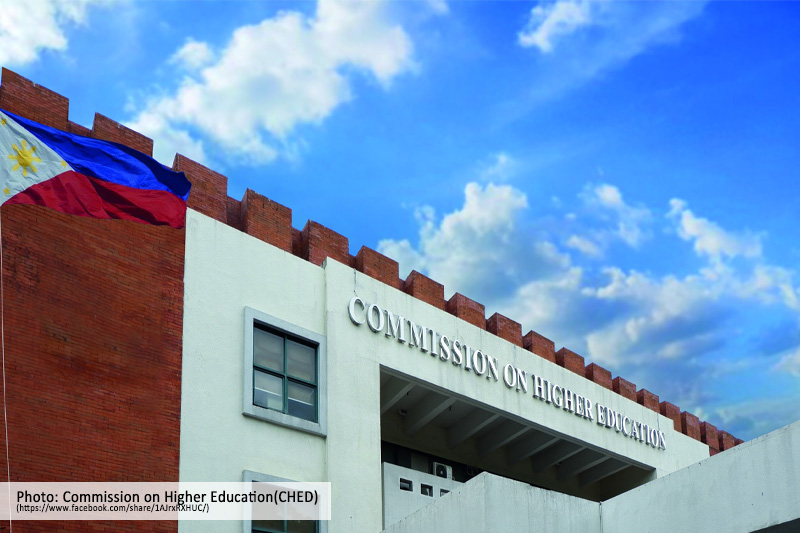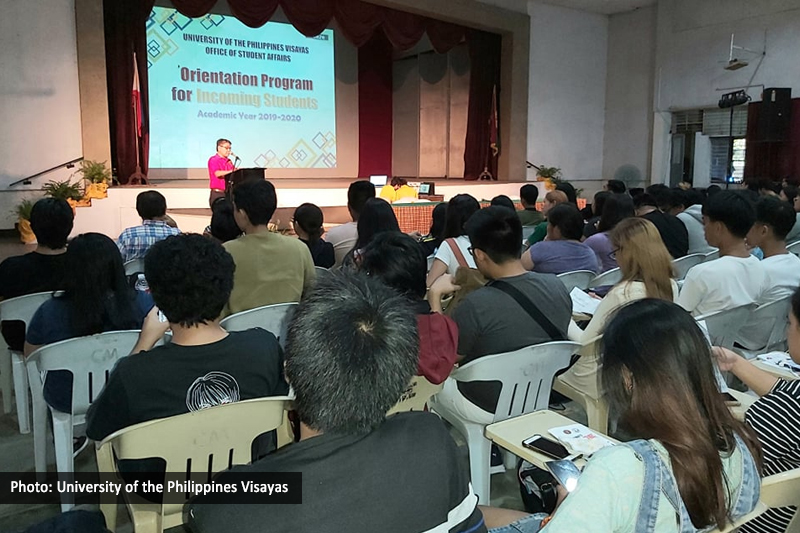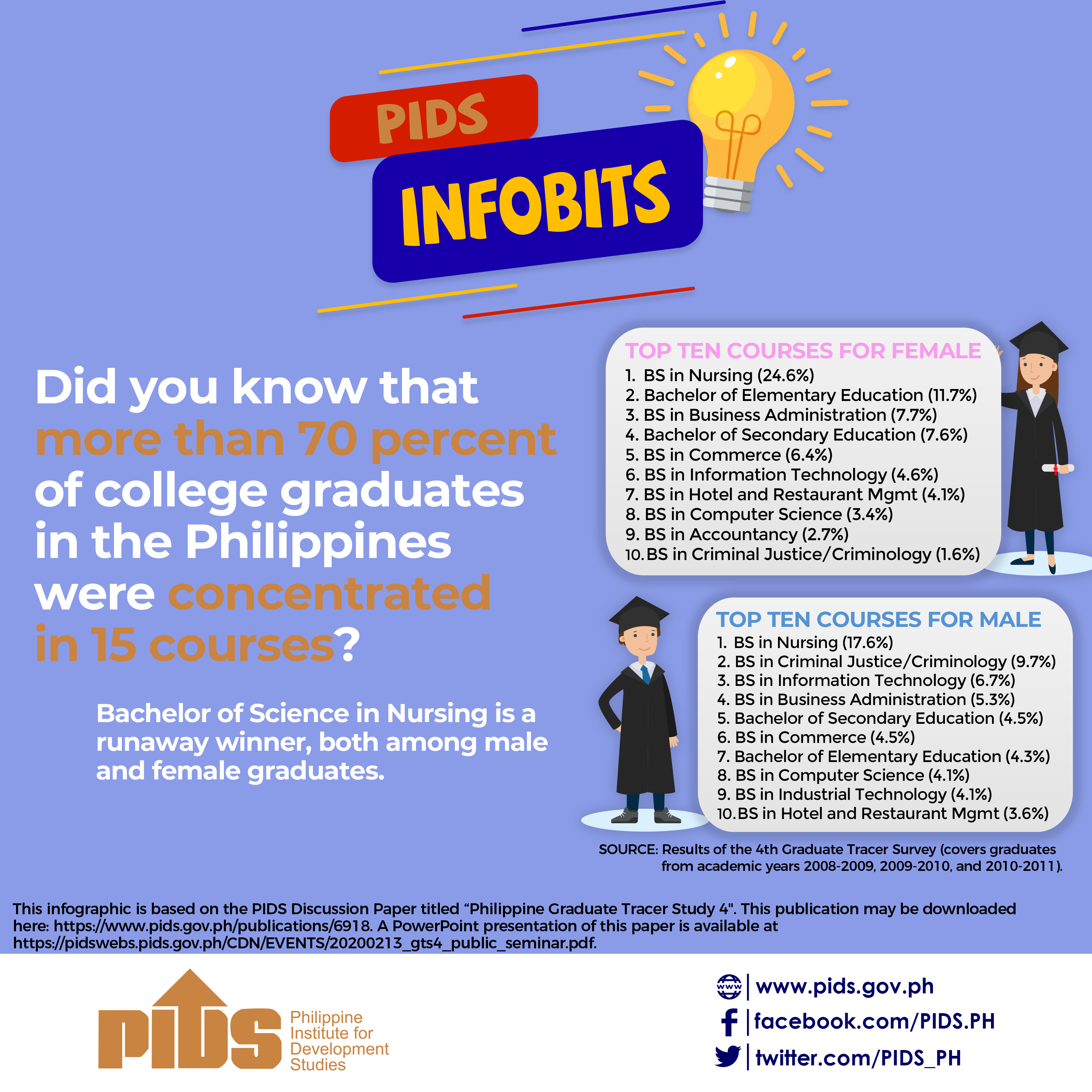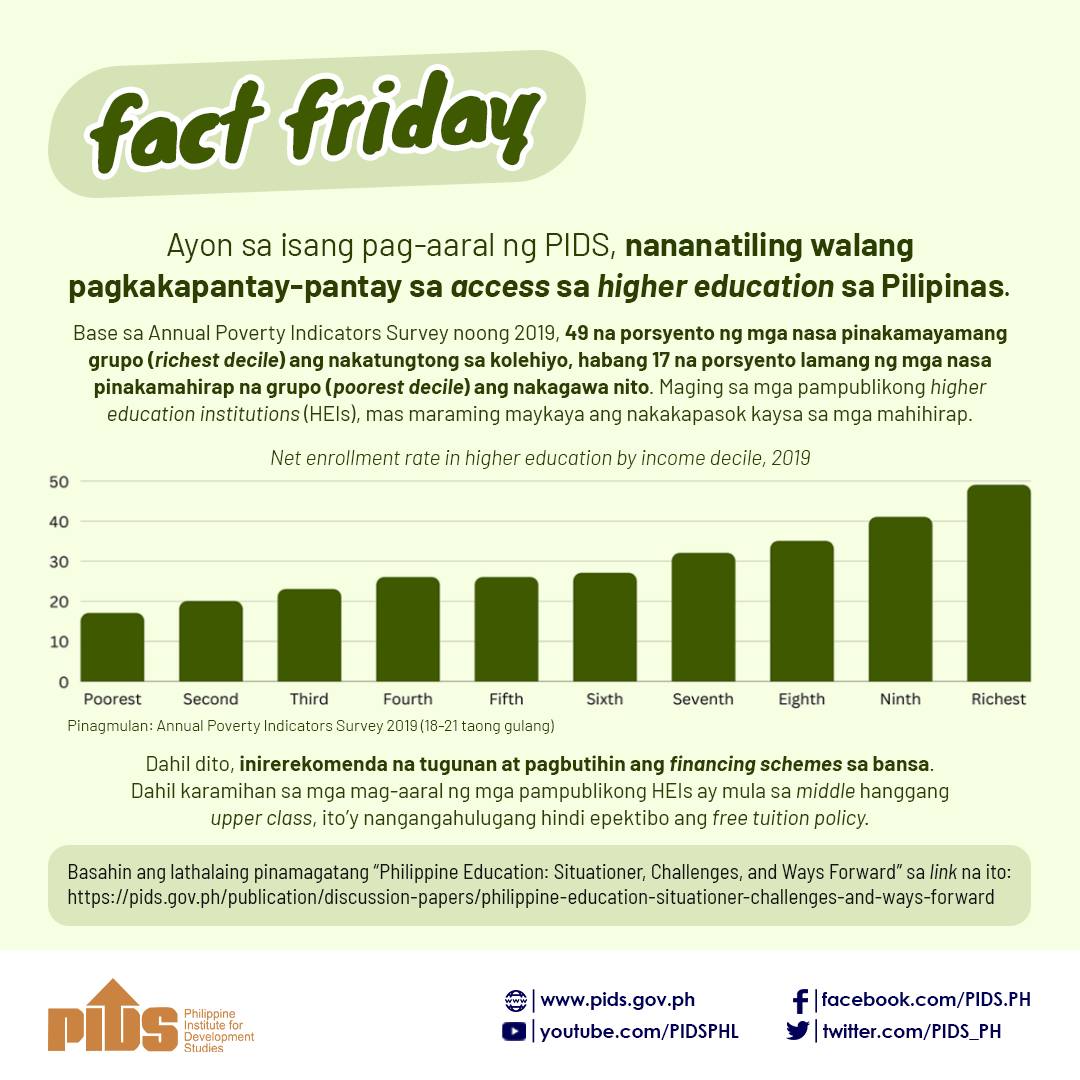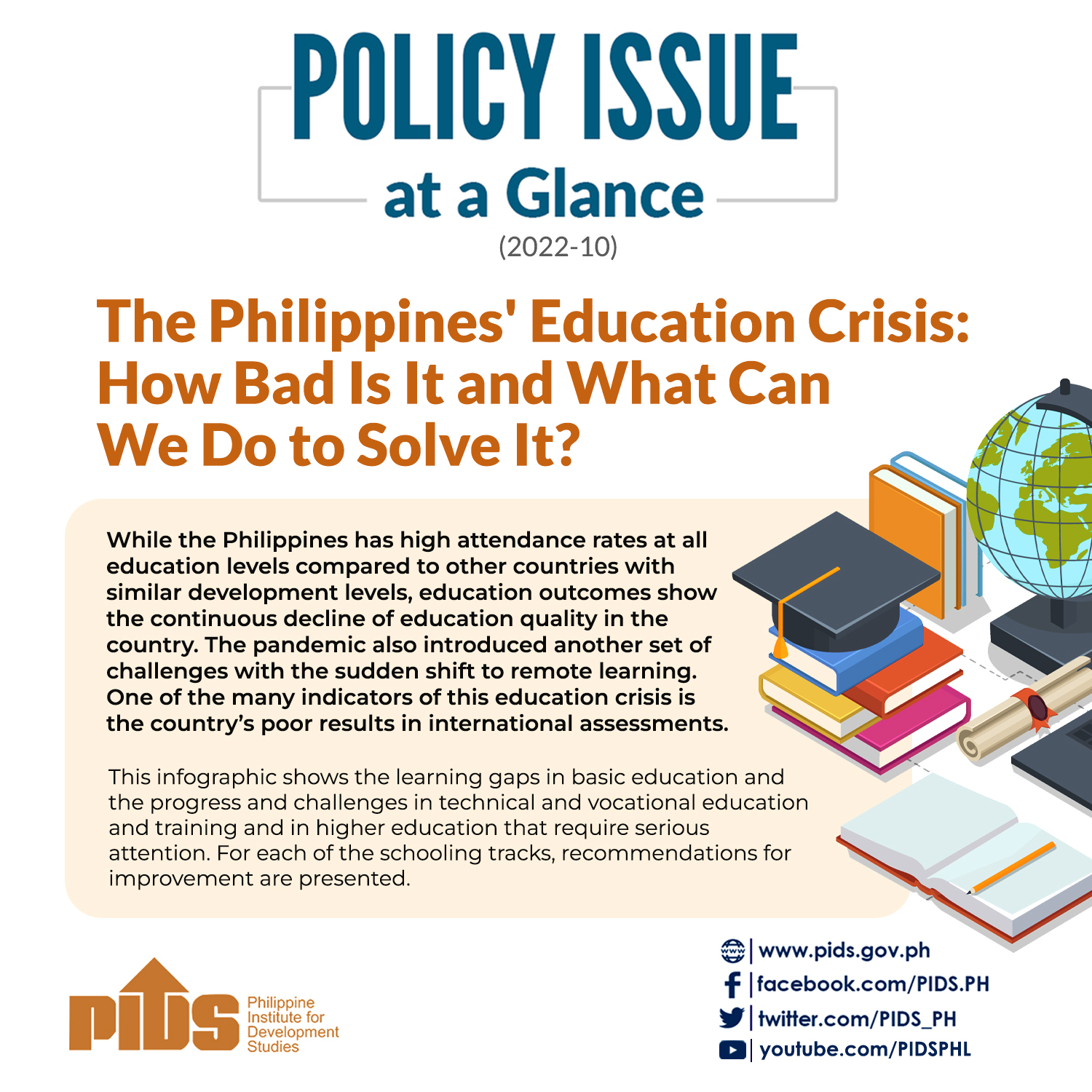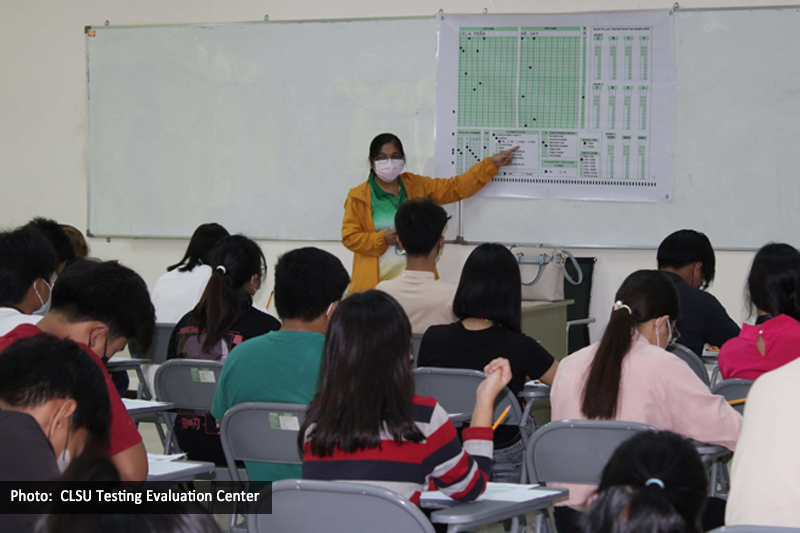
Access to quality education remains unequal despite the continued expansion of public higher education institutions (HEIs) in the Philippines. A recent study by the Philippine Institute for Development Studies (PIDS) highlights that while access to education has been increasing, significant challenges in quality and inclusivity remain.
The study, titled “Expansions, Quality, and Affirmative Action in Public Higher Education Institutions”, authored by Connie G. Bayudan-Dacuycuy, Christopher James R. Cabuay, and Paola Ellaine D. Luzon, examined the expansion of campuses, programs, and student enrollment in public HEIs from 2005 to 2023.
The authors found that a key aspect of the expansion has been the establishment of local universities and colleges (LUCs) and satellite campuses by local government units (LGUs). Traditionally, state universities and colleges (SUCs) have predominantly located in cities, limiting opportunities for students in remote areas. To address this, LGUs established LUCs and satellite campuses to mitigate migration to urban centers. This was complemented by expansion in programs offered, which are catered towards community demand and national requirements.
However, while enrollment has increased, it remains concentrated in urban campuses, where accessibility and better facilities attract students. The researchers further noted the lingering struggle for disadvantaged students, whose access to quality education is hindered by a combination of strict admission policies in State Universities and Colleges (SUCs) and poor access to learning tools and preparatory materials.
“Students are less likely to enroll in satellite campuses in remote areas because of the distance of the school and the parents’ disapproval of certain courses,” noted the authors. Courses tailored to local industries, such as agriculture and fisheries, also remain underrepresented, with more students opting for career tracks in business and education.
“Regardless of its nature, higher education expansion, when not properly planned for, is often accompanied by significant challenges,” the authors emphasized. Among these challenges are the need to enhance facilities and equipment, recruit qualified teachers, and meet program targets. LUCs, in particular, struggle due to the hiring criteria set by the Commission on Higher Education (CHED) and competition with private institutions offering higher-paying opportunities. These issues are further compounded by budget constraints and inadequate infrastructure.
“Higher education expansions without concomitant quality in educational products and services raise significant concerns about the overall educational value and the preparedness of graduates to enter the labor market,” the authors cautioned.
The study recommended the institution of a policy for the recognition of prior learning (RPL), which would allow industry experts and professionals without formal teaching credentials to join the educator pool. Other recommendations include improving the quality of basic education to better prepare students for higher education and developing alternative pathways for students to gain qualifications outside the formal learning environment through micro-credentials, which may be gained through short-term programs.
Granting institutional charters for LUCs will further help structure bureaucratic processes, and clearly define the sources and amounts of funding. This will also create an accountability system to monitor the spending and performance of LUCs. Developmental support for HEIs, especially LUCs, may also be augmented by the CHED’s higher educational development fund.
Ultimately, the study urged both SUCs and LUCs to craft clearer policies that that define affirmative action targets, while instituting monitoring mechanisms to track progress and the achievement of long-term goals.
Read full study here: https://bit.ly/pidsdp2024-16. ###





